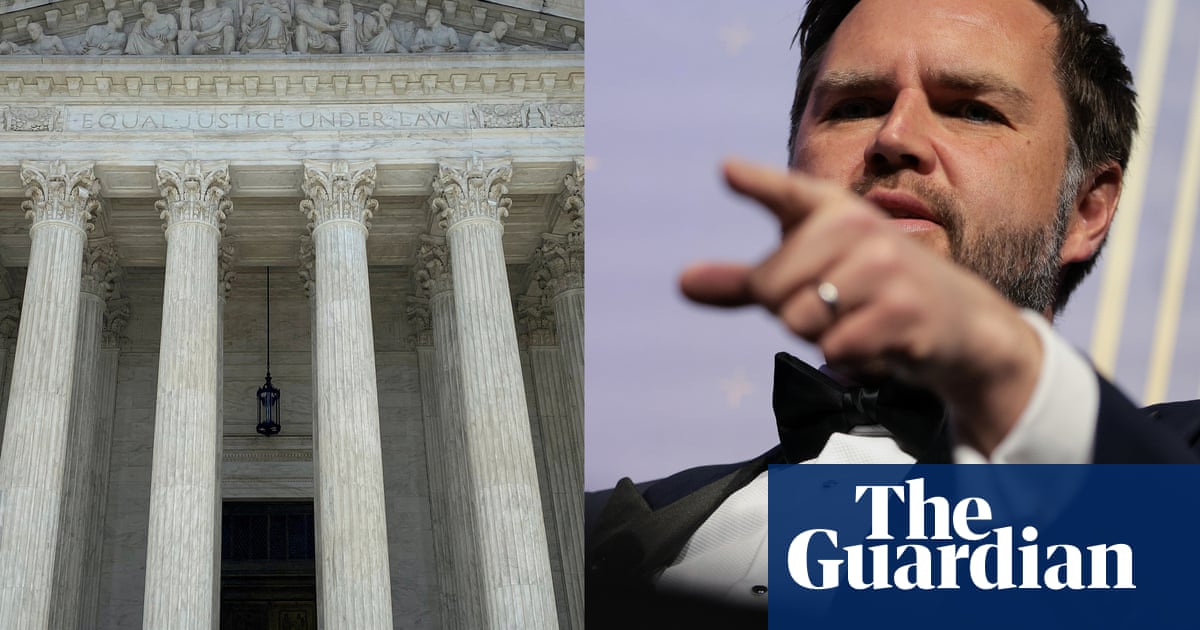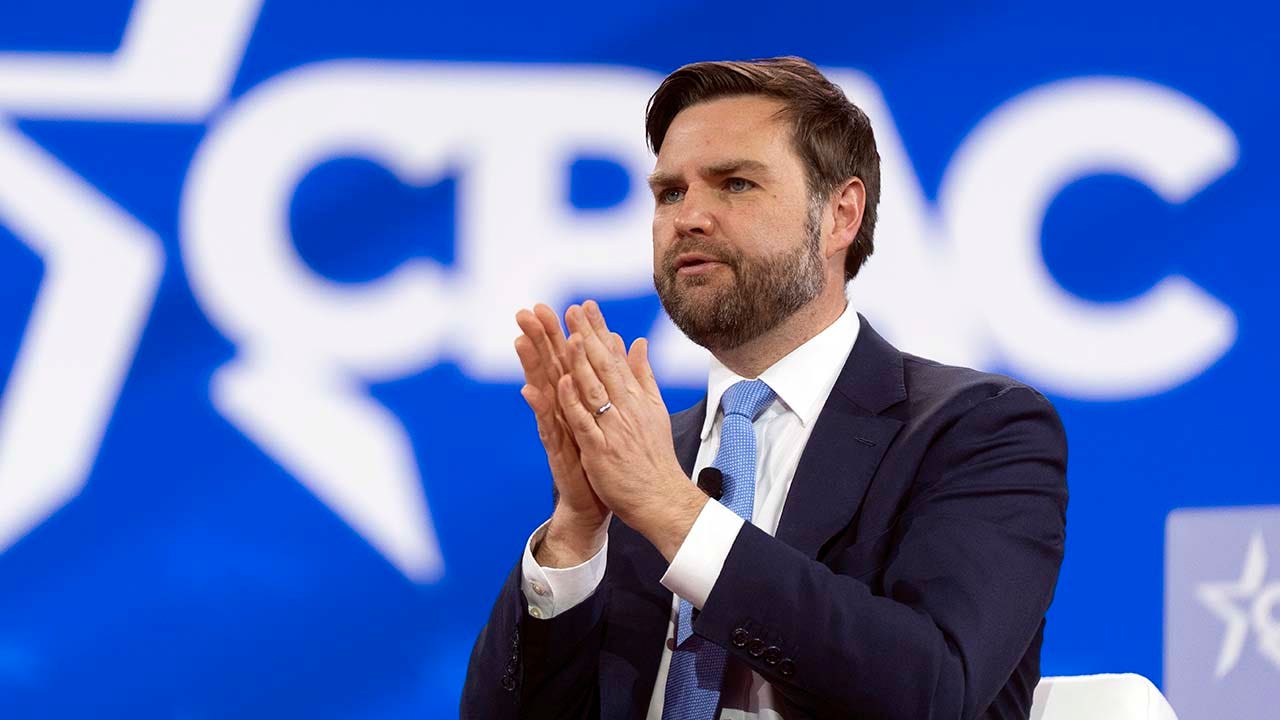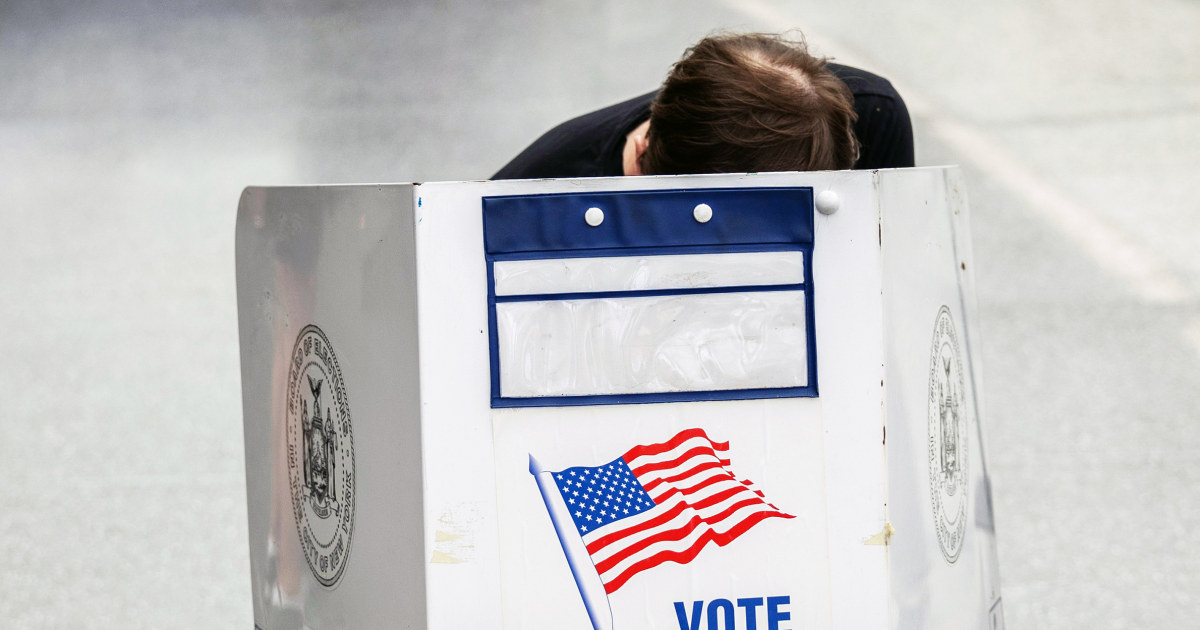Supreme Court Reviews Campaign Finance Limits Amid Republican Appeal
The Supreme Court is set to hear a pivotal case regarding federal limits on party spending in elections, with potential implications for campaign finance laws.
Subscribe to unlock this story
We really don't like cutting you off, but you've reached your monthly limit. At just $5/month, subscriptions are how we keep this project going. Start your free 7-day trial today!
Get StartedHave an account? Sign in
Overview
- The Supreme Court is reviewing a Republican appeal to eliminate limits on party spending in federal elections, a case that could reshape campaign finance.
- The 2010 Citizens United decision allowed unlimited independent spending, leading to ongoing debates about the influence of money in politics.
- The Justice Department and Trump administration argue that current spending limits violate First Amendment free-speech protections.
- A decision is expected before the 2026 midterm elections, which could significantly impact future campaign financing and election outcomes.
- Democratic groups are seeking to intervene in the case to defend existing spending limits, highlighting the contentious nature of campaign finance reform.
Report issue

Read both sides in 5 minutes each day
Analysis
Center-leaning sources frame the Supreme Court's review of campaign finance limits as a significant political event, emphasizing the implications for free speech and party spending. They express skepticism about the conservative majority's stance, highlighting concerns over potential influence from large donors and the erosion of established election laws.
Articles (11)
Center (5)
FAQ
The Supreme Court is addressing whether federal limits on coordinated spending between political parties and their candidates in federal elections violate the First Amendment free-speech protections.
A ruling that strikes down spending limits could open the floodgates for unlimited coordinated spending by party committees in competitive races, potentially increasing the influence of money in the 2026 midterms and changing how campaigns operate financially.
The 2010 Citizens United decision, which allowed unlimited independent spending by outside groups, is a key precedent relevant to this case, as it relates to ongoing debates about money in politics and free-speech protections.
Republican groups argue that current federal limits on coordinated spending between parties and candidates violate their First Amendment rights by restricting their ability to support their own candidates effectively.
The Justice Department's decision not to defend the constitutionality of the spending limits and its argument that these limits violate free-speech rights marks an unusual and significant position, indicating the government may favor striking down the limits.
History
- This story does not have any previous versions.








